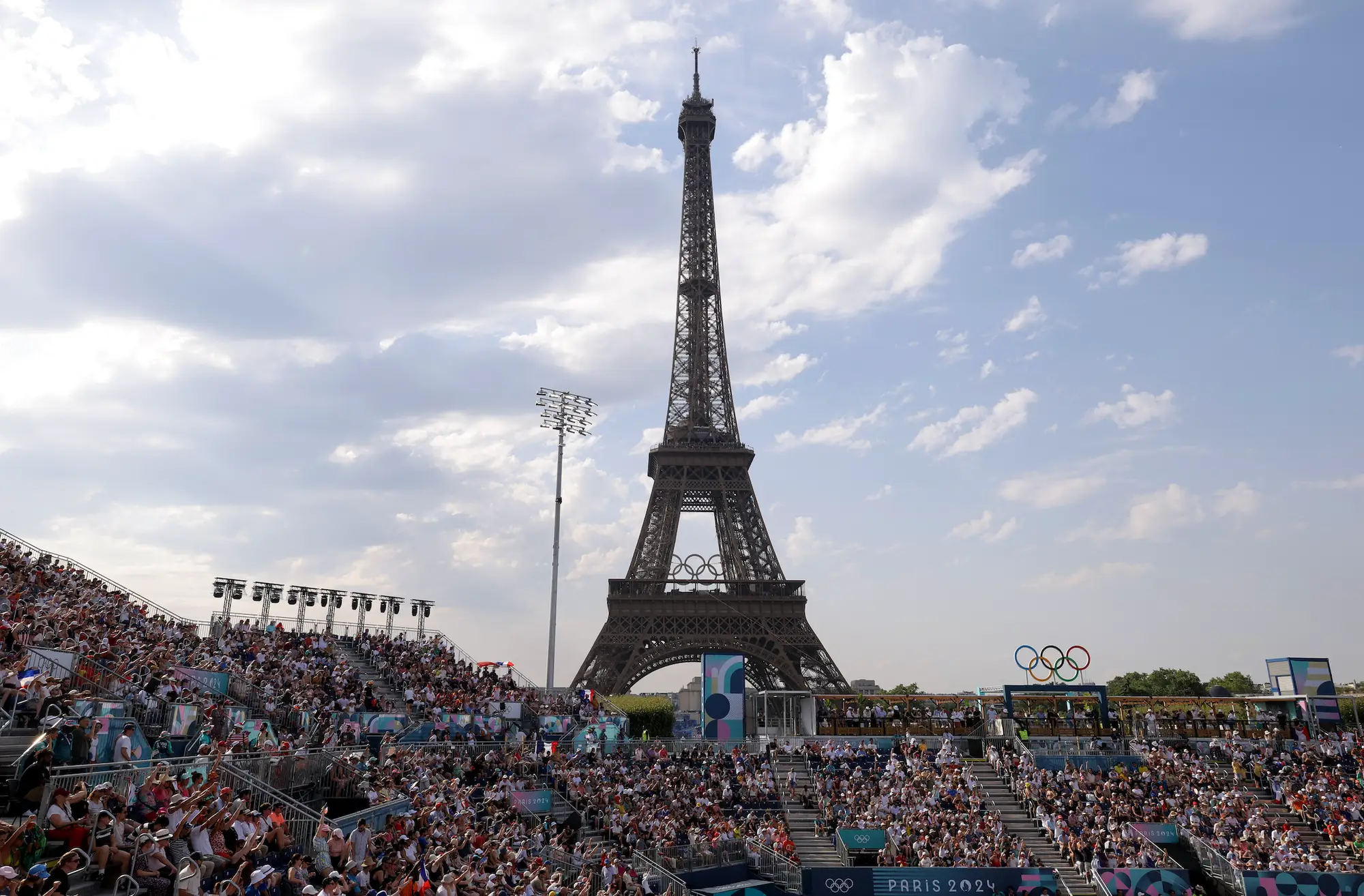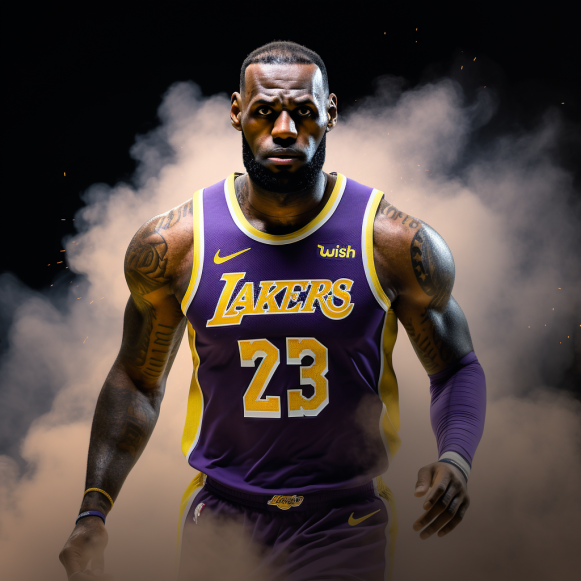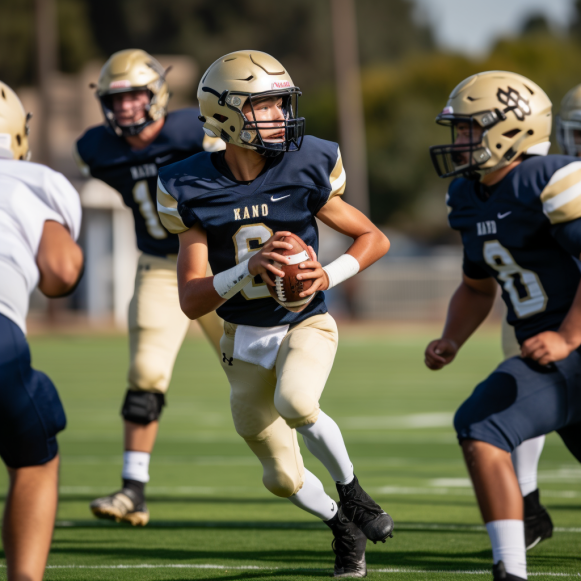The dark side of the 2024 Paris Olympics

Anti-trafficking advocates say major sporting events like that of the Olympics typically prompt a spike in the demand for commercial sex.
As the 2024 Olympics Games plays out in Paris, some nonprofits are warning of a dark reality looming over the sporting event.
Young women and teens are actively being sex trafficked around the Paris Games, according to the head of Rahab’s Daughters, a US-based nonprofit organization that works on the ground to prevent human trafficking and help victims of the illicit industry.
Sam Wijeyakumar, the founder of Rahab’s Daughters, told B-17 in a recent interview that her organization is aware of hundreds of reports of trafficking around the ongoing Olympics, including some involving minors.
The anti-trafficking advocate explained that her organization takes reports over its hotline and has workers on the ground in Paris conducting interviews with survivors.
“We also get anonymous tips from hotel workers and other people who are interested in stopping trafficking that alerts us to where it’s happening and how it’s happening so we can provide reports to law enforcement,” Wijeyakumar said.
According to Wijeyakumar, Rahab’s Daughters have received reports of teenage refugees between 13 and 16 years old “having to basically trade sex for food and trade sex for shelter.”
Wijeyakumar said that her group notifies the national hotline for human trafficking and law enforcement when they are alerted to underage cases in Paris.
Major sporting events like the Olympics tend to attract partying, alcohol, and people looking to pay for sex, leaders of several human trafficking prevention and outreach organizations told B-17.
Some of that sex, they said, is with vulnerable people who are not willingly participating in sex work, but who are victims of exploitative sex trafficking operations.
“Survivors that we work with tell us that they were brought to major sporting events because there is such a spike in the demand for commercial sex there,” Lauren Hersh, the national director of the US-based nonprofit World Without Exploitation, told B-17. “So there’s a lot of money to be made.”
Wijeyakumar said that on July 27, volunteers from Rahab’s Daughters rescued a 23-year-old Syrian refugee who reached out to the group for help that day.
The woman, according to Wijeyakumar, said she was lured to Paris with the promise of a modeling job, but instead, she was exploited in a sex trafficking operation.
Wijeyakumar told B-17 the woman said she was raped after she was taken to parties following last month’s opening of the Paris Games. Volunteers from Rahab’s Daughters found the woman safe housing, where she remains, said Wijeyakumar.
“She was trafficked in and brought for the specific purpose of working sex trafficking in a hotel chain in Paris. And so she didn’t realize that,” Wijeyakumar said of the woman, who she said remains in direct communication with Rahab’s Daughters’ volunteers.
B-17 did not speak with the woman directly.
When asked about measures to address sex trafficking, Paris police told B-17 in a statement that it has ramped up efforts to crack down on “pimping” amid the Olympic Games.
“The goal of these operations is to determine a clearer picture of the practice…and to gather information to help result in the dismantling of these networks,” Paris police said.
Wijeyakumar said Rahab’s Daughters had distributed pamphlets ahead of the Paris Olympics at a local refugee camp. When the woman fled there, she messaged the organization via WhatsApp, Wijeyakumar said.
“Our volunteers were deployed to collect her from a safe place, and she is now in temporary housing while we work out a plan for the long term,” Wijeyakumar said.
She said the woman hadn’t reported her experience to law enforcement, and declined to provide the WhatsApp messages to B-17, citing privacy concerns for the survivor.
“She doesn’t think law enforcement is going to do anything for her,” said Wijeyakumar. “She’s an adult, so we can’t force her to speak to law enforcement.”
Experts warn of labor and sex trafficking risks around major events
Hersh, who is also a former sex crimes prosecutor, said major sporting events “bring together a number of men, men who are partying and drinking, and when there are those factors at play, oftentimes, the purchase of women, girls, and other vulnerable populations comes into play.”
Wijeyakumar, who said she’s a survivor of human trafficking, founded Rahab’s Daughters in 2015. She said the group began deploying outreach workers to Paris in October to conduct interviews, surveys, and field reports in preparation for this year’s Olympics.
Survivors’ stories and reports are among the data collected by the organization. Wijeyakumar said the group plans to share a full impact report publicly following the Olympics.
In the months leading up to the Olympics, Wijeyakumar said the organization has logged more than 1,000 reports of both labor and sex trafficking, with the majority being for labor trafficking. B-17 could not independently confirm this number.
Wijeyakumar said she expects to continue to receive trafficking reports as the Olympics continues.
The organization rescued two Ukrainian women several weeks ago who were trafficked through Poland, Germany, and then into France “for the specific purpose of being sex trafficked at the Olympics,” Wijeyakumar said. The advocate would not provide further information about the survivors, citing their privacy and safety.
Labor and sex trafficking are considered forms of modern-day slavery.
Sex trafficking, according to the US Department of State, “encompasses the range of activities involved when a trafficker uses force, fraud, or coercion to compel another person to engage in a commercial sex act or causes a child to engage in a commercial sex act.” This differs from sex work in which the person involved chooses to willingly engage.
Labor trafficking, on the other hand, involves “force, fraud, or coercion to exploit the labor or services of another person,” according to the State Department. Rahab’s Daughters has identified labor and sex trafficking occurring mainly within the manufacturing, construction, retail, and hospitality industries in Paris.
The Anti-Trafficking Review, a peer-reviewed journal dedicated to researching human trafficking, has noted that studies show that there was no significant increase in human trafficking around events like the World Cup and the Olympics.
The US National Human Trafficking Hotline explains on its website, however, that human trafficking is “notoriously underreported.” This is in part due to victims’ fear, language barriers, and the fact that victims may not realize they’re being trafficked until they are outside of the situation.
In recent years, some governments, including the US, and law enforcement agencies have shifted their understanding and definition of trafficking, and the dynamics that create it.
The National Institute of Justice (NIJ), an arm of the US Department of Justice, noted in 2020, “Part of the complexity of human trafficking crimes is that, by definition, they must be the result of force, fraud, or coercion.”
“For a case to be prosecuted, it is usually vital that victims be able to provide information on commercial labor or sex operations that can be corroborated. However, researcher interviews of victims reflected that they are often reluctant to share information on their traffickers. In some instances, victims were not initially aware that their circumstances constituted human trafficking,” the NIJ said.
Stop the Traffik, a London-based prevention organization fighting human trafficking, said in a recent blog post that the Olympics “amplifies the potential for exploitation and human trafficking.”
Traffickers promote their services through online escort advertisements and social media platforms, the organization said. Ads list prices as high as $300 an hour or more than $3,200 per day, according to Stop the Traffik.
Wijeyakumar said traffickers could charge anywhere between $10,000 and $50,000 a victim for “high-end” escort sales. These figures are based on interviews with survivors, reports Rahab’s Daughters has received, and data it has collected from online ads.
“We have found a correlation with exploitation and sporting events, which is that when a major sporting event happens, there tends to be a huge demand for commercial sex, and it also tends to be tied to labor exploitation,” William Pinzón-Reyes, an intelligence manager at Stop the Traffik, told B-17.
Jonathan Machler, the executive director of the Coalition of the Abolition of Prostitution (CAP International), told B-17 that France has made strides in the fight against sex trafficking thanks to a 2016 law that criminalizes the buying of sex.
“It’s a clear deterrent,” he said.
“There is trafficking in France like in any other country,” said Machler, but he said his group has not specifically observed a surge in sex trafficking around the Paris Olympics, which had its opening ceremony on July 26.
Meanwhile, Paris police said a squad dedicated to the prevention of illegal sex work was beefing up its presence on the streets of the city.
“A work group connecting the city of Paris and the public prosecutor’s office has been established to develop preventative measures and raise awareness,” Paris police said.
When asked about its sex trafficking efforts, a Paris Olympics spokesperson told B-17 that its partners in hospitality — including the hotel group Accor and Airbnb — have been working with public authorities to combat an increased risk of prostitution or other crimes.
The spokesperson said that funding from the group’s endowment fund is used to support local efforts.
“Paris 2024 does not have the means or the mandate to act directly on the issue of prostitution but supports existing local initiatives aimed at preventing prostitution,” the statement said.




